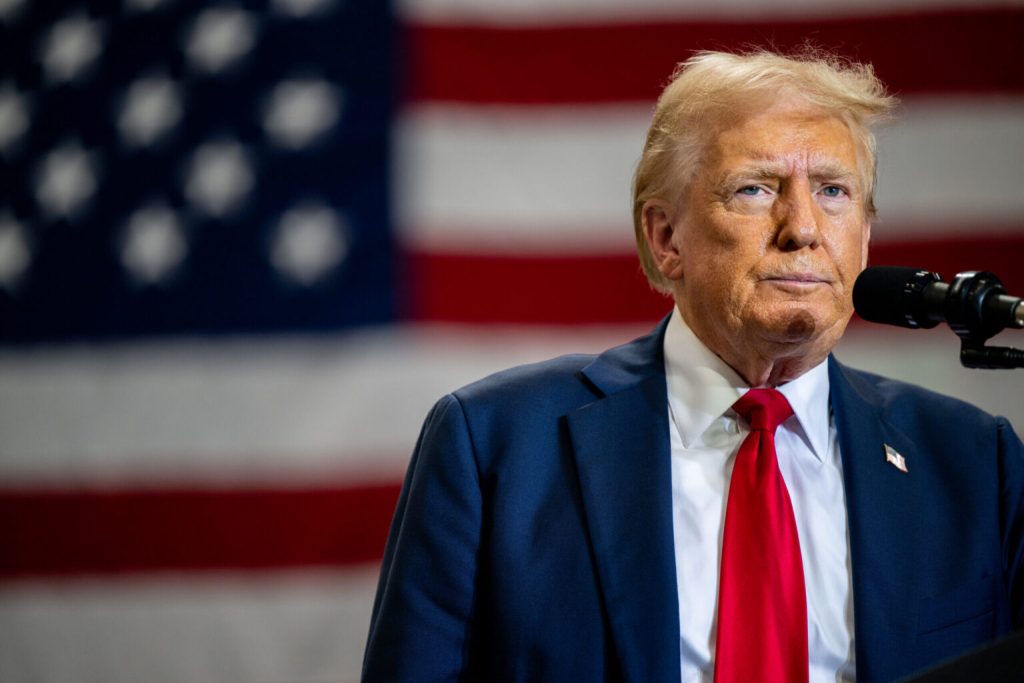A federal judge has dismissed former President Donald Trump’s request to postpone the public release of documents related to the Justice Department’s investigation into the alleged subversion of the 2020 election. Judge Tanya Chutkan emphasized that withholding these documents could be perceived as interference in the electoral process.
Trump’s legal team sought a delay in the release of an appendix tied to special counsel Jack Smith’s extensive immunity filing, which details significant aspects of the case against him. They argued that the ongoing case has already exerted an “improper impact on the election,” and that a delay would help maintain public confidence in the judicial process.
The defense contended that releasing charged allegations and related documents during early voting might create an appearance of election interference. They argued for a stay, claiming it was necessary to avoid influencing voters during this critical time.
However, Judge Chutkan firmly countered these claims in her opinion and order. She asserted that withholding information that the public has a right to access—solely based on potential political repercussions—could itself be viewed as election interference. Chutkan emphasized the importance of keeping political considerations out of judicial decisions.
“The court will therefore continue to keep political considerations out of its decision-making,” she stated, rejecting the defense’s request for a stay. The appendix, which may contain extensive redactions, is scheduled for release on Friday.
In response to the ruling, Trump campaign spokesperson Steven Cheung criticized the decision, claiming that the case itself is flawed. He described it as a “partisan, unconstitutional witch hunt” and called for the case to be dismissed outright, citing the Supreme Court’s decisions on presidential immunity and other relevant legal principles.
This ruling underscores the ongoing legal battles Trump faces as he navigates multiple investigations and lawsuits, all while campaigning for the presidency in 2024. The implications of these legal issues extend beyond the courtroom, potentially influencing public perception and voter sentiment as the election approaches.
Judge Chutkan’s ruling reflects a commitment to transparency in the legal process, even amid politically charged circumstances. Her stance may serve as a precedent for similar cases involving public figures and their legal entanglements, emphasizing the judiciary’s role in maintaining the integrity of the electoral process.
As the case unfolds and the appendix is made public, attention will likely intensify on the ramifications for Trump’s campaign and the broader political landscape. The interplay between ongoing legal proceedings and electoral politics is a complex one, and developments in this case will be closely watched by both supporters and opponents of the former president.
With the November presidential election fast approaching, the release of these documents could influence public discourse and voter attitudes, adding another layer of complexity to an already contentious political environment. Trump’s legal challenges have become a focal point in the media, raising questions about accountability, justice, and the intersection of law and politics.
As Judge Chutkan moves forward with her ruling, the court’s decisions will likely continue to shape the narrative surrounding Trump’s candidacy and the 2020 election aftermath. The judicial system’s handling of such high-profile cases will remain under scrutiny, with implications for future legal and political battles.
In the coming weeks, as both the release of the documents and the election draw near, the landscape will undoubtedly evolve, reflecting the intricate relationship between law, politics, and public perception in America today.








